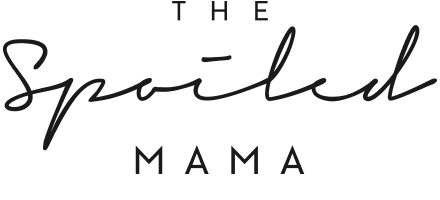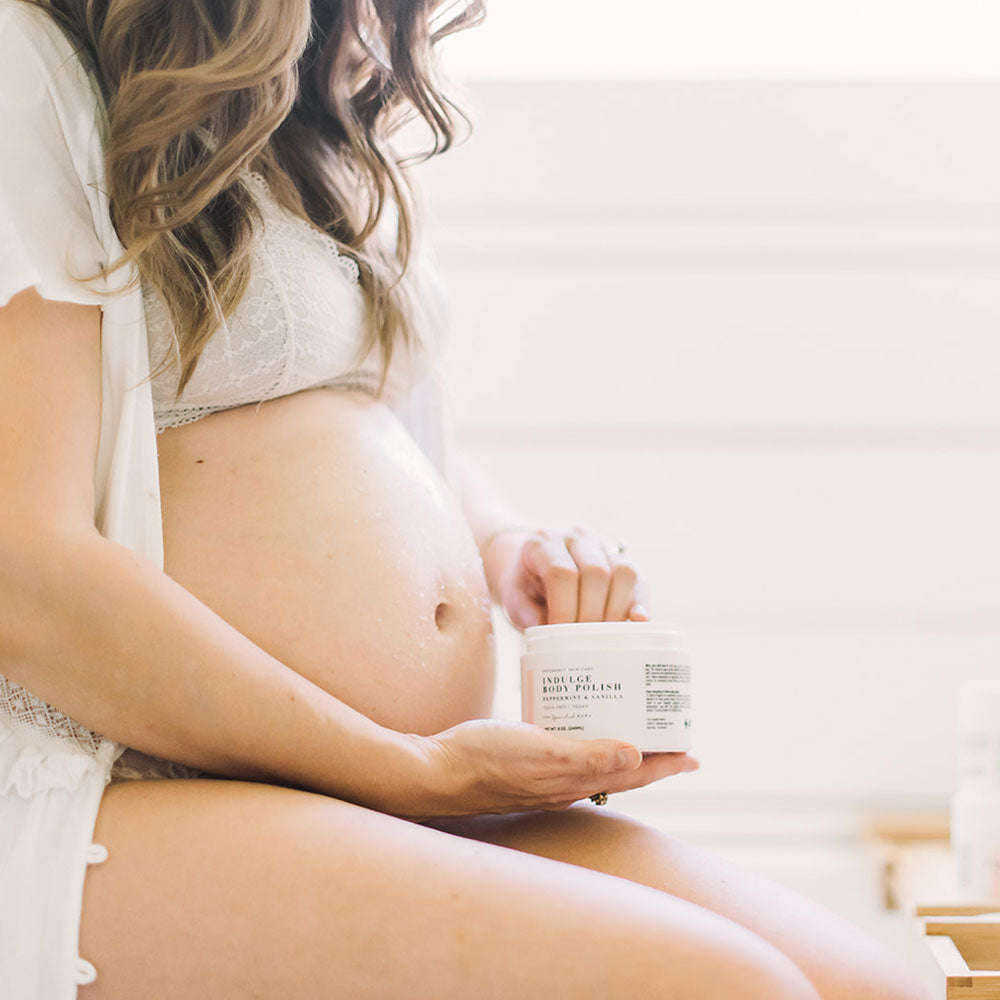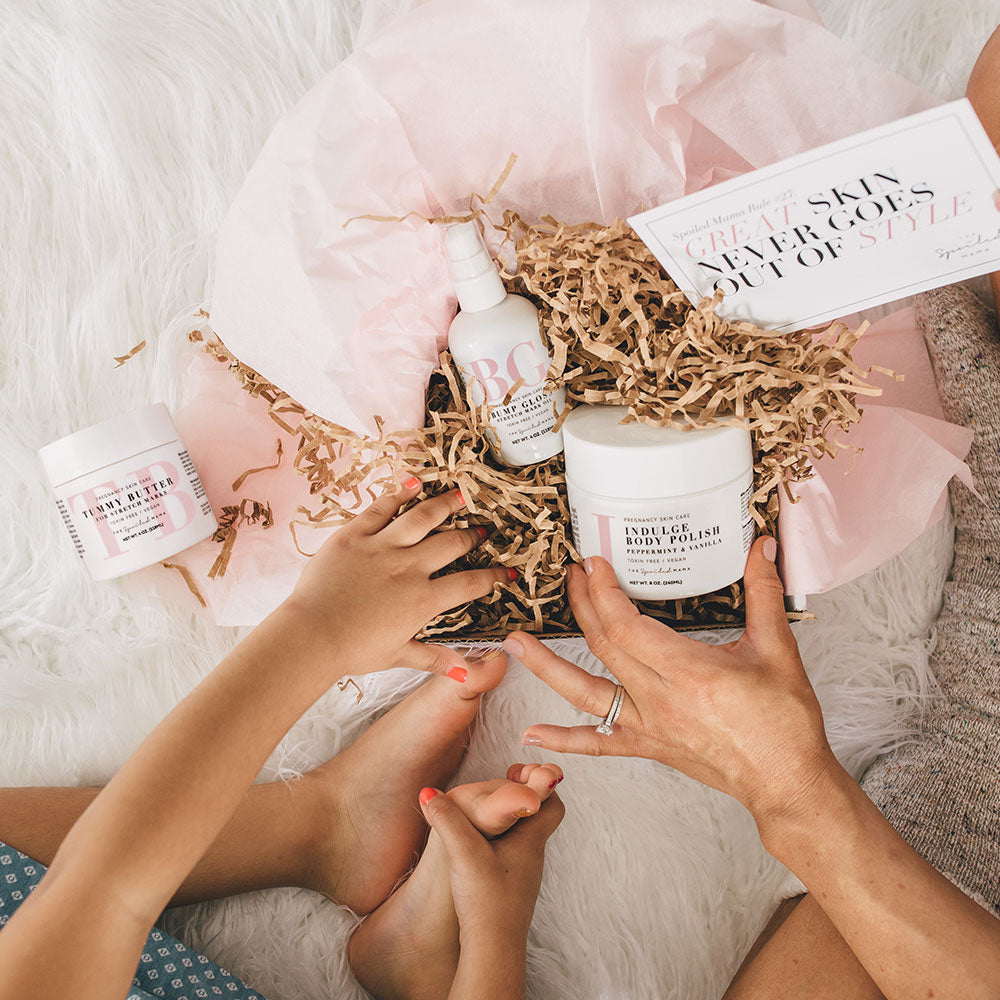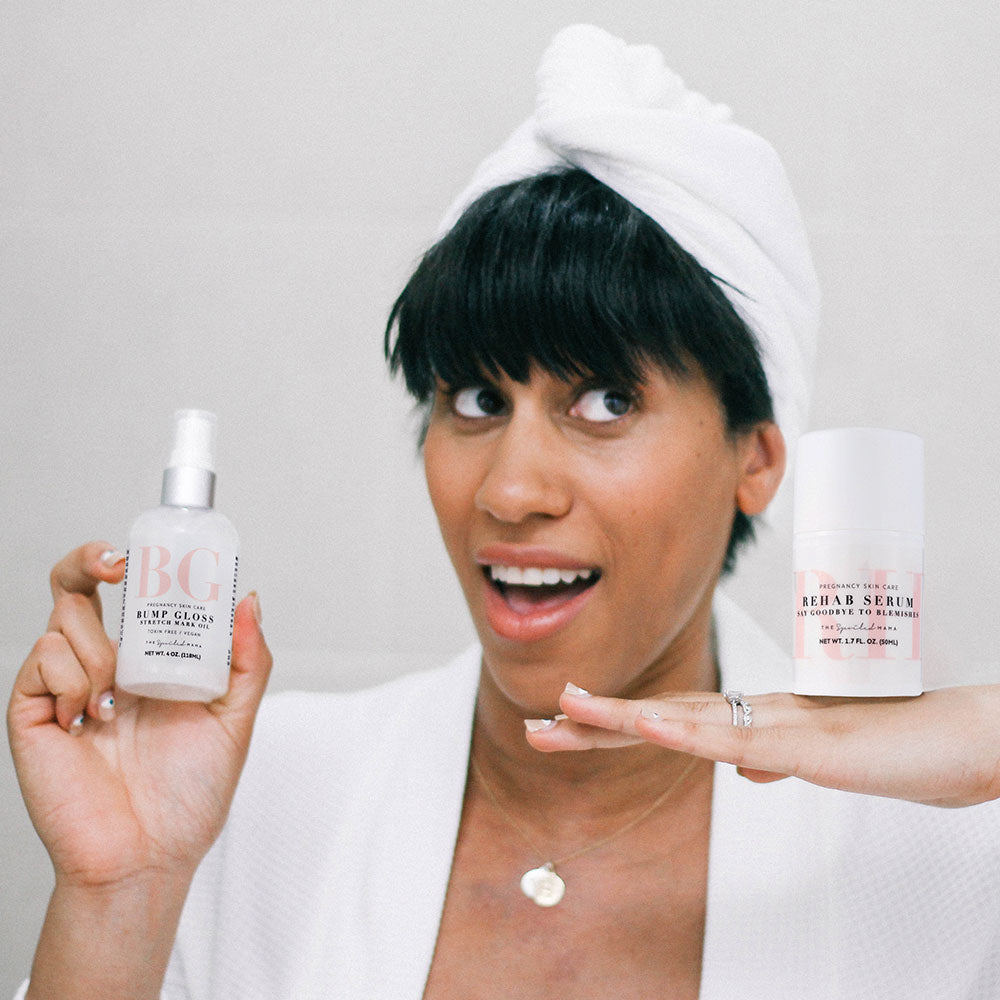During pregnancy, you've kept a watchful eye on what you put in your body. And as it turns out, breastfeeding Mamas should exercise the same caution! While nursing moms don't have to follow a rigorous diet, here are some basic tips to keep in mind while breastfeeding.
Here are The Spoiled Mama's tips for a healthy lactation diet:
DO eat a healthy, varied diet full of whole grains, fresh fruits and veggies. Cook with good fats like olive and coconut oil, and consume healthy oils from avocados, salmon and seeds.
DON'T count your calories. In general, most nursing Mamas need to consume 500 more calories than non-breastfeeding mothers. Depending on your height, weight and lifestyle, this could be anywhere from 1,700-2,500 calories per day.
DO increase lactation with natural herbs. For generations, savvy women have successfully increased their milk supply by brewing galactagogues like fenugreek or blessed thistle in a breastfeeding tea.
DO buy local, fresh and seasonal foods to avoid pesticides and contaminants that may transfer to breast milk.
DON'T try to lose your pregnancy weight too quickly. Rapid weight loss right after child birth can deplete your milk supply. Instead, be patient with your post-childbirth bod and aim to lose one pound a week.
DO be conscience of alcohol intake. Consuming just one alcoholic drink can effect your breast milk, and take up three hours to flush through your body. Though your babe may fall asleep faster after you take a swig, studies show she will also sleep less. Schedule your happy hours to avoid regular breastfeeding times, or prepare a bottle ahead of time.
DO avoid foods known to induce gas and colic for your baby. This includes cabbage, brussels sprouts, cow's milk and broccoli. The Spoiled Mama's tea for breastmilk contains herbs that can reduce baby's colic and gas.
DON'T be caffeine happy. Caffeine can enter breast milk and pass on its stimulating effects to your child. Babies who consume caffeine may have difficulty falling asleep, and in turn become fussy and irritable. Aim for just one or two cups of coffee a day, and beware of other caffeinated foods and drinks, such as tea, soda, chocolate and some over-the-counter medications.
DO check your baby for allergic reactions. Keep tabs on your child's stool, breathing pattern and skin texture and color, as these changes could signify he's reacting to something you've consumed.
Are you currently breastfeeding, or plan to? What are your favorite foods or drinks to help increase breast milk? Share below!









Leave a comment
All comments are moderated before being published.
This site is protected by reCAPTCHA and the Google Privacy Policy and Terms of Service apply.